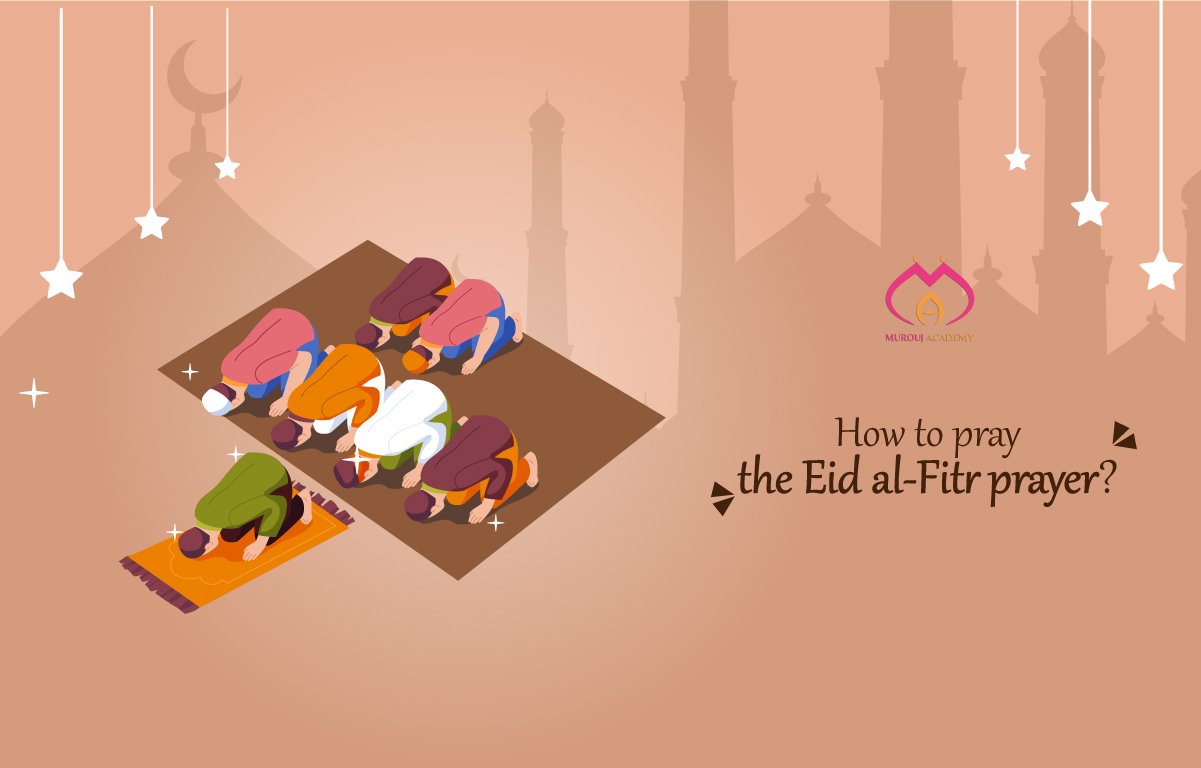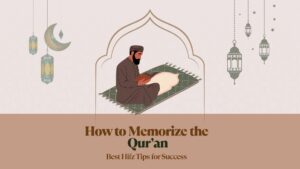Eid celebration has a different pleasure for Muslims, whether it is Eid al-Fitr or Eid al-Adha, but Eid al-Fitr in particular and its advent a full month after a Muslim worships God Almighty by fasting, makes the day of al-Fitr a great joy that differs from the joy of Eid al-Adha, even if it does not exceed it in anything.
The Eid prayer is in a special manner, as it is not like the ordinary prayer in the obligatory and regular prayers. Sharia scholars differed regarding the obligation of the Eid prayer for every Muslim. Some of them said that it is a confirmed Sunnah, and some of them said that it is a communal obligation, and some of them made it obligatory for every Muslim, and the one who abandons it is sinful. Therefore, the precaution is not to leave the Eid prayer, because it also includes a gathering of joy among Muslims. And the Prophet, may God’s prayers and peace be upon him, commanded to go out to her, even ordering women to go out to the Eid prayer.
And the woman is equal with the man in going out to the Eid prayer and in urging the Sharia not to leave it, which may amount to sin for those who imitate the saying that it is an individual obligation. Umm Atiyya reported:
We were commanded to go out as well as the hidden away ladies and those unmarried. She said menstruating women were to come out amongst you but remain behind people and pronounce takbir (Allah-o-Akbar) along with them.
In the noble hadith in Sahih al-Bukhari and Muslim that the women of the Ansar used to prevent girls who had recently reached puberty from going out to the Eid prayer. Perhaps this was due to their lack of knowledge of the legality of their going out to witness the Eid prayer. Then a woman came and told them that when she asked the Prophet – may God’s prayers and peace be upon him – about a woman who does not have a jilbab to go out with and witness the Eid prayer, what should she do? And the Prophet – may God’s prayers and peace be upon him – said to her: (Let her companion dress her from her jilbab..).
How to perform the Eid al-Fitr prayer
The characteristic of the Eid prayer is that the imam attends and leads the people in two rak’ahs. Omar, may God be pleased with him, said: The Fitr prayer is two rak’ahs, and the Eid prayer is two rak’ahs. Narrated by al-Nasaa’i (1420) and Ibn Khuzaymah. Classed as saheeh by al-Albaani in Saheeh al-Nasaa’i.
On the authority of Abu Saeed, he said: The Messenger of God, may God bless him and grant him peace, used to go out on the day of al-Fitr and al-Adha to the prayer place, and the first thing he would start with was the prayer. Narrated by Al-Bukhari (956)
In the first rak’ah, the opening takbeer is said, then six or seven takbeers are said after that, according to the hadeeth of Aisha, may God be pleased with her: “The first takbeer for Al-Fitr and Al-Adha is seven takbeers, and in the second five takbeers apart from the two bowing takbeers.” Narrated by Abu Dawood and authenticated by Al-Albani in Irwa’ Al-Ghalil (639).
Then he recites Al-Fatihah, then recites Surah “Qaaf” in the first rak’ah, and in the second rak’ah he stands up, saying the takbeer, and when he finishes standing, he says five takbeers, and recites Surah Al-Fatihah, then Surah “The Hour has drawn near and the moon has split asunder.” These two surahs were recited by the Prophet, may God’s prayers and peace be upon him, on the two Eids. And if he wishes, he may recite a praising in the first, and in the second, “Has the hadith of al-Ghashiya come to you?” It was reported that he, may God’s prayers and peace be upon him, used to recite on Eid the glorification of the name of your Lord, the Most High, and the Ghashiya.
The imam should revive the Sunnah by reciting these surahs so that Muslims will know them and not condemn them if they fall.
After the prayer, the imam addresses the people, and he should specifically address some of the sermons to the women, ordering them what they should do, and forbidding them from what they should avoid, as the Prophet, may God’s prayers and peace be upon him, did.
Taking the children to the Eid prayer
Taking children to prayer has a great impact on their souls, as well as taking them to Eid prayer. By cultivating the importance of venerating the rituals of Islam, including the Eid prayer, and bringing happiness to their hearts in seeing all people gather in the same place, praise and thanks be to God, and it is possible for him to play and have fun in the courtyards of the Eid chapels.
Many of the noble hadiths of the Prophet indicated that the Prophet – may God’s prayers and peace be upon him – approved women taking their children to mosques, and he would even reduce the prayer if he heard a child crying. Accompany the distinguished and those who do not disturb the worshipers. A Muslim must give his children an Islamic upbringing. This is done by instilling the spirit of faith in their souls, teaching them the affairs of their religion, and guiding them to perform religious duties such as the obligatory prayers. Prayer is the pillar of religion, and through it the heart is cleansed and the soul is refined.





